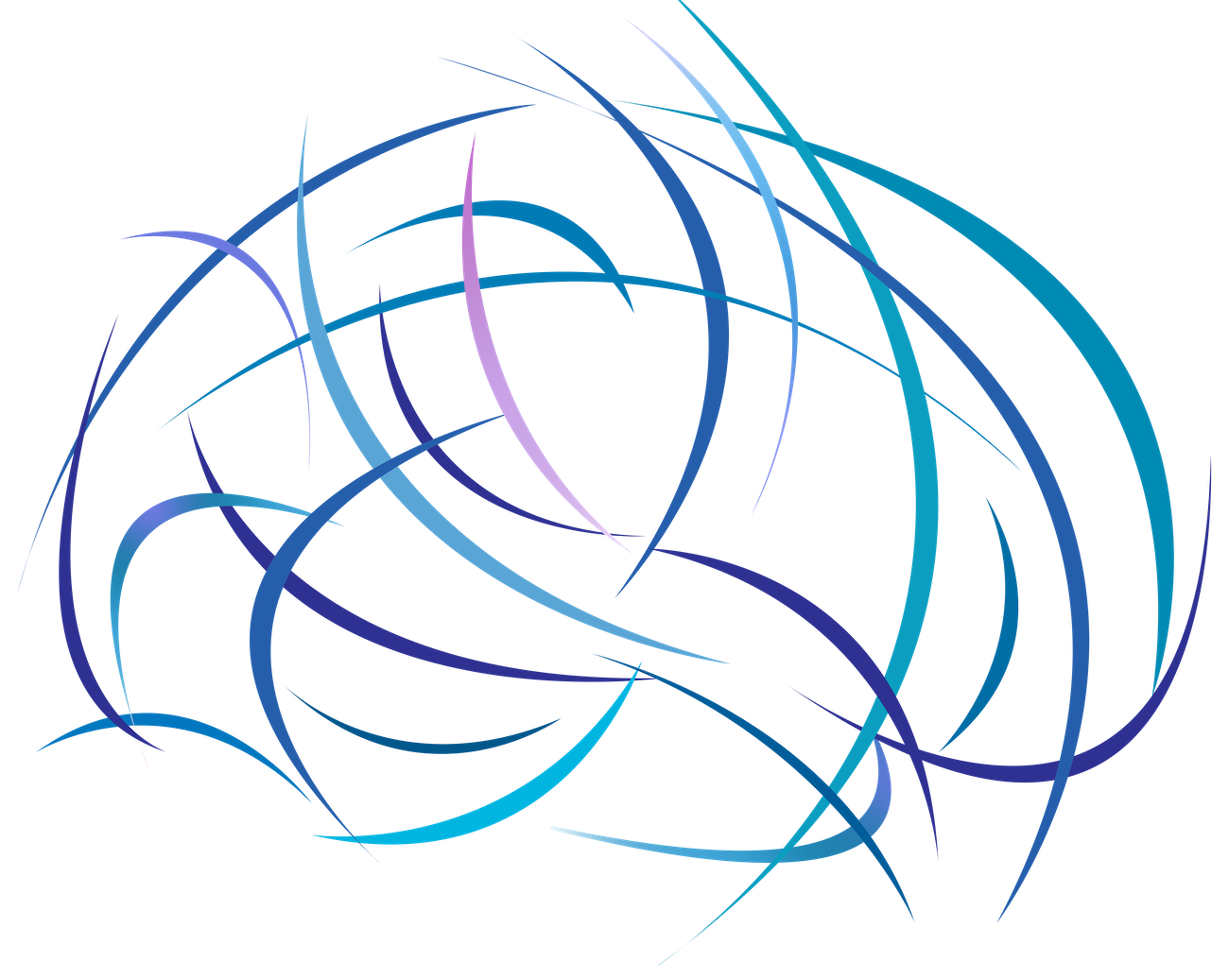Title
Flexibility in face of uncertainty: behavioral and neural adjustments to uncertainty across species
Bio
Alireza Soltani is an Associate Professor of Psychological and Brain Sciences at Dartmouth. He was originally trained as a physicist at Sharif University of Technology in Iran where he received his bachelor’s and master’s degrees in theoretical physics. He shifted his research to computational neuroscience during his PhD at Brandeis University and later completed postdoctoral trainings in computational and cognitive neuroscience at Yale, Caltech, and Baylor College of Medicine. He was an HHMI Research Associate at Stanford University before joining Dartmouth. He has expertise in developing computational models of different cognitive processes at multiple levels of complexity, as well as designing and conducting human experiments to test predictions of these models. More recently, he has been developing computational methods for measuring adjustments in choice behavior and neural response across species. The long-term goal of his research (with funding from NIH and NSF) is to reveal computational principles and neural mechanisms that allow humans and other animals to be flexible.
Abstract
Survival depends on the ability of an animal to adapt and adjust to changes in the environment. This is an inherently challenging task because the environment and thus the feedback it provides to the animal (e.g., reward feedback) can change in many ways and at different timescales. These include fluctuations due to the probabilistic nature of reward feedback, changes in reward probabilities over time, and changes in how reward can be obtained by selecting certain actions or choice options, creating different forms of uncertainty each requiring a different type of response and adjustment. In this talk, I present recent methods we have developed for quantifying and studying behavioral and neural adjustments to different types of uncertainty in the reward environment. I show how these methods can be used to reveal computational and neural mechanisms underlying flexibility in learning and decision making across mammals.






